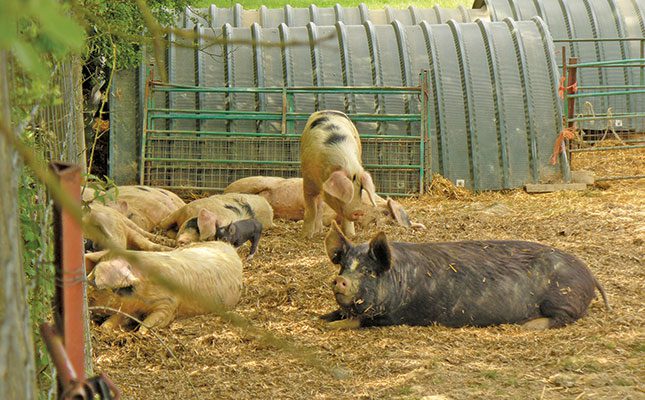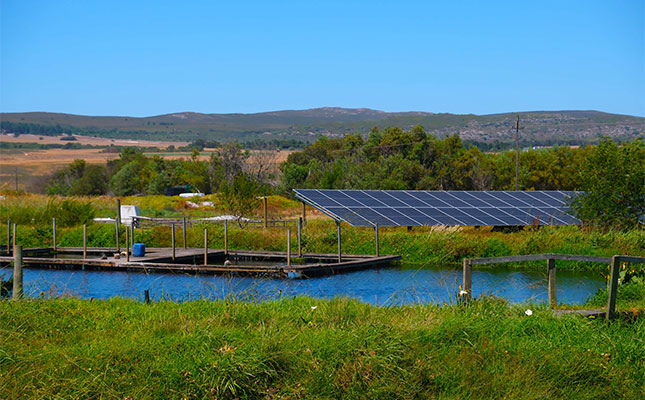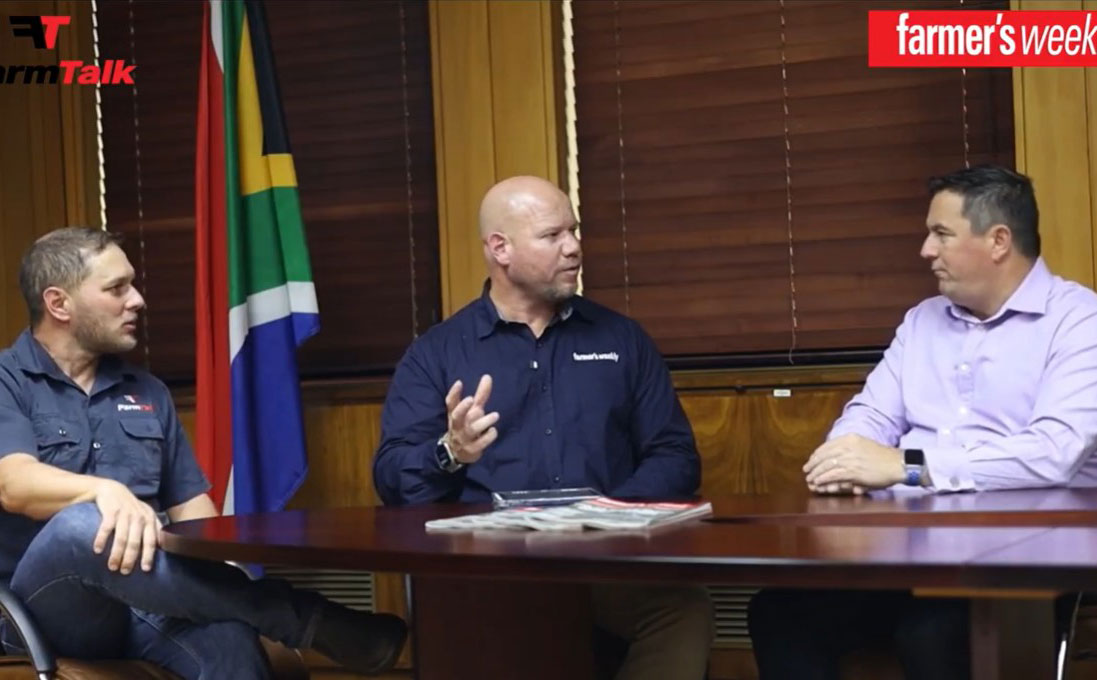
This comes amid an increasing global concern over conditions in which livestock are raised,
spurring an anti-meat movement.
Speaking at the Baconers Brunch hosted by the South African Pork Producers’ Organisation (SAPPO) in Pretoria, Myles van Deventer, managing director of Baynesfield Estate, pointed to declining pork consumption trends in the EU.
READ Western Cape farmer’s model for running pigs on pasture
“The industry there has not done much to challenge the negative perception the public has of animal welfare. As such, pork consumption is declining by 5% per year and is not set to change. South Africa must ensure we do not walk the same path. We must show that what we produce has value; that we are efficient protein producers who look after our animals.”
Emphasising the need for proper messaging, Christian Zimelka, head of consumer education at SAPPO, said that consumers had very diverse perceptions about farming.
“On the one end, it’s very utopian, like what we see in children’s books. On the other end, it’s the worst-case scenario of what activists against animal farming show in the media. There is not much in the middle. It boils down to the farmers not telling their story and getting a true representation about farming out into the public. This is why we embarked on the SAPPO Selekt programme, where farmers’ stories are being told,” Zimelka said.
Speaking about the importance of not only communicating the good work being done in the industry, but ensuring that all players were working towards more humane farming practices, Tony Gerrans, Africa’s executive director of Humane Society International, said that welfare issues were not only a first world concern.
“You’d be mistaken for thinking poorer consumers with limited budgets did not care about animal welfare, only price,” he said
READ Marketing and animal welfare: key to success
Gerrans cautioned farmers to take welfare issues seriously and not wait until activists landed at their door before making positive changes. “By then you would have lost the trust from consumers and it will take far more to convince them of anything good you are doing on farm.”
The welfare discussion has started moving beyond just physical living conditions, towards the mental state of the animals. Gerrans said that physical welfare was largely being looked at because it had a direct impact on production.
“But just looking at animals on farms, it is clear that mental welfare is also an issue and will become very problematic if not addressed. There have been farms that have been shut down by activists as a result.”
While welfare can at first glance be construed as an on-farm cost which does not necessarily translate into more income, Stephan Butt, general manager of Butt Farming in KwaZulu-Natal, said that farmers would be better off if pigs were in prime condition because mortality decreased while production increased.
Gert Breet, head of business development at FNB, believes that the push towards greater animal welfare would need to come from institutions like banks, since it would have a greater effect on compliance.
“The hype around sustainability and animal welfare will only increase; it will not go away. Banks have a responsibility to show that what we finance is in line with these standards, so financing will increasingly take sustainability and welfare into account,” he said.
Get trusted farming news from Farmers Weekly in Google Top Stories.
➕ Add Farmers Weekly to Google ✔ Takes 10 seconds · ✔ Remove anytime










